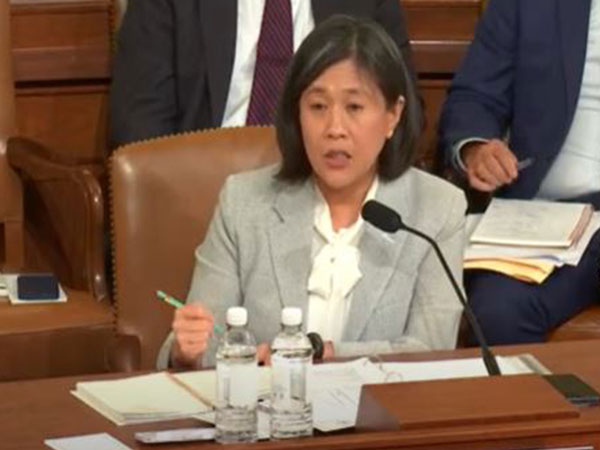Senate Power Struggle: Rick Scott Falls Short
U.S. Senate Republicans voted against electing Rick Scott as their leader, favoring seasoned senators John Thune and John Cornyn. Despite support from Trump's allies, Scott fell short in the initial voting round. The leadership race is a test of Senate independence as Republicans retain their majority.

In a closely watched leadership contest, U.S. Senate Republicans rejected Rick Scott's attempt to become their leader, according to a source familiar with the proceedings. The vote occurred as Scott faced substantial pressure from allies of President-elect Donald Trump but failed to secure enough support in the first voting round.
The decision sees seasoned politicians John Thune and John Cornyn emerge as the remaining candidates for leadership, following Scott's elimination. Both incumbents have extensive legislative experience and have previously worked closely with former leader Mitch McConnell.
This leadership contest is seen as an early test of the Senate's independence under Trump, whose supporters express concerns that Thune and Cornyn might not fully back Trump's agenda. Despite this, Republicans are set to maintain a Senate majority, poised for a governing trifecta with control over the House as well.
(With inputs from agencies.)
ALSO READ
John Thune Elected: Senate Independence and the Trump Era
John Thune Elected to Lead U.S. Senate Republicans
John Thune: Senate's New Leader, Trump's Dilemma
John Thune: Steering Senate Independence Post-Trump
Republican John Thune of South Dakota is elected next Senate majority leader, making him a key partner in power to Trump, reports AP.










